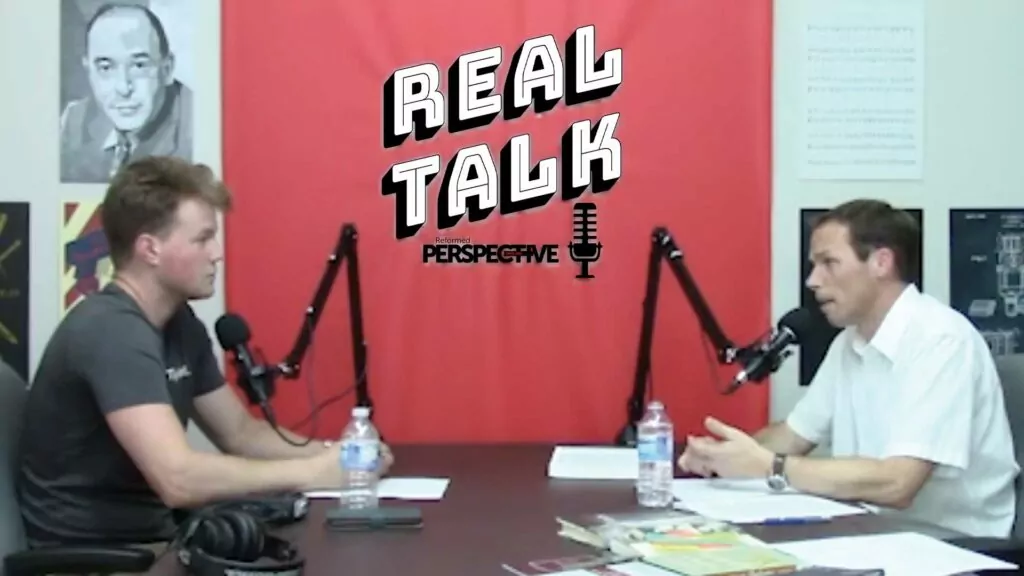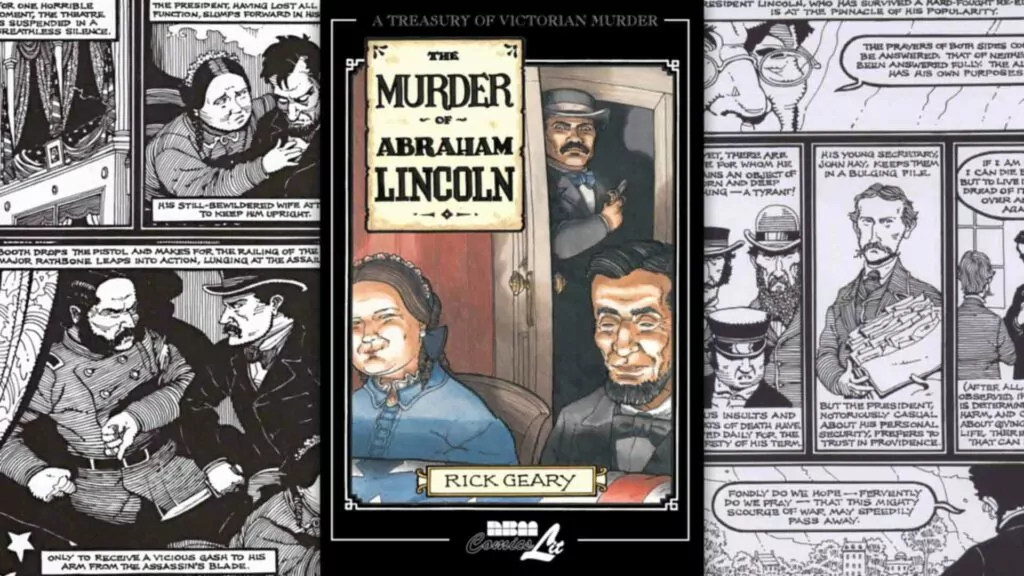Where have all the outspoken social conservative politicians gone?
Can we find them amongst Canada’s conservative parties?
****
Sometimes there seems reason to hope. In Ontario, the Progressive Conservative’s new leader Patrick Brown had a history of pro-life politics, and he once voted against gay marriage. Sadly, he was only a false hope; he’s promised to protect the pro-abortion status quo, and now marches in gay pride parades.
In BC, recently, there was one politician who spoke up when the province decided to add “gender identity” and “gender expression” to its human rights code. Laurie Throness quietly noted that he and others view gender as being fixed, not fluid. But while this lone voice did speak up, he wasn’t willing to vote against the bill. It passed with 70 votes for and none against – Throness abstained.
How about Alberta? Surely in red-neck Alberta there must be an outspoken Christian politician? No. The two conservative opposition parties either won’t speak on moral issues, or agree with the governing New Democrats. The headline of a recent LifeSiteNews.com article put it this way:
“No Alberta politician willing to stand up to NDP gvmt’s ‘totalitarian’ LGBT school agenda?”
Why it’s so bad
Why are Christians so badly represented? We might think it’s because there are no Christian politicians, but that’s not the real reason. There are plenty of Christian in the Ontario, BC, and Alberta legislatures.
The reason we don’t hear from them is because they are acting according to a set sort of strategy. They believe:
- If you want to make a difference, that’s easier to do if you get elected.
- You can’t get elected if you take strong public stands on moral issues
- Ergo, it doesn’t make sense to take strong public moral stands.
This strategy helps Christians get elected, but it’s also why we can’t find politicians speaking on abortion, euthanasia, gay marriage, transgenderism, gay/straight alliance clubs, sex-ed curriculums and the issues that matter to us most. This is why no one is speaking up in Ontario and BC and Alberta and most everywhere else. For strategic reasons, our elected Christians are silencing themselves.
It’s a catch-22: speak up and you won’t get elected; don’t speak up and you may get elected, but without any mandate to make change, so what’s the point?
Is there any way out of this seemingly no-win scenario?
Put first things first
Yes, if Christians voters and Christian candidates reorder our priorities.
In his essay “First and Second Things” C.S. Lewis wrote about the damage that’s done when we start treating secondary priorities like they are the most important ones. He gave as an example a man who makes alcohol his focus. While alcohol can be a source of pleasure, that comes to an end when drinking becomes a man’s priority. When he overvalues alcohol, then he’s liable to lose his house, his job, and maybe even his family. And, ironically, he’ll even lose the pleasure he once got from drinking back when it was a minor matter to him.
We need to understand that achieving power isn’t our goal – it isn’t a “first thing” for us. Our first thing is our message – the change we want to push for. Power, then, is a secondary thing to our message. We want to win a seat to have a platform from which to push for change. Power is a tool, not our purpose. It is an incredibly useful tool – having the platform that comes with being an MLA or MP means we could be heard by far more when we do speak out. But it is still just a tool, and only useful to us so long as we view it as a tool, and we don’t overvalue it.
If we make it our priority, that’s when everything goes wrong. While power is a wonderful servant it is a terrible master. When getting elected is our first priority, then everything else – including our message – must serve that goal. That’s when Christian politicians will silence themselves even when advocating for change was the original reason they got involved in politics. If winning is first it makes sense to stay silent on any issues that could lose us votes.
In making power our first priority, we lose the ability to wield it in a useful manner. If we do win, we’ll be elected without any mandate for change. And we’ll still have reason to be fearful about talking on controversial issues because doing so will undermine our re-election chances.
Like Lewis’s drunk who in overvaluing drink loses out on all the pleasures of it, Christians who overvalue power lose out on the ability to use it.
When our message is first
So that’s why there are so few Christian politicians speaking out: misordered priorities.
What happens when we put first things first and bump power down off its perch? Then strange and wonderful possibilities present themselves!
When our message becomes our first priority, then we can evaluate power, and the quest for it, in light of how it will serve our message. Then we compare it with the other tools at our disposal and evaluate them as to which will best help us be heard.
Now, if seeking power requires us to stay quiet, then it seems quite likely some of our other tools are going to be better at getting us heard. But what are those other tools? Well, as we’ve seen over the last several years, a Christian lobby group – even a small one – can be very effective at getting our message out. Writing letters to the newspaper, talking to our neighbors, visiting MLAs and MPs in their offices, setting up large-scale demonstrations, and funding court challenges are all ways we can speak out loudly and clearly.
Running for office is another possibility, so long as power remains a secondary concern. A candidate who isn’t fixated on winning can be fearless and creative. That can be quite the contrast when his competitors are maintaining a strategic silence on all the controversial issues. I’ve been part of a losing campaign where the candidate was the subject of more than a hundred articles, endorsed by one of the city’s daily papers, and the subject of TV news and radio reports. He lost, but his message was better served by a loud losing campaign than it could ever have been with a quiet winning one.
What an impact a fearless politician can have!
But you know what would be better still? Winning loud!
It’s hard, but possible. And to see what can be done when a politician wins in a fearless fashion, we need only look at the example of Svend Robinson. This homosexual activist won a seat in Parliament and then used that platform to become Canada’s most effective MP. He made his message his priority and that allowed him to use his power to full effect. As MP he advocated for homosexuality and for assisted suicide, and never stopped talking about what mattered to him most. He kept up the pressure, and despite only being a member of the opposition, he got the changes he was after because he would not be quiet.
Parties are tools to use, not teams to join
We can also learn from the way Robinson viewed his political party. While he was a long-time member of the NDP, he was not a team player. To him the party was another tool to use, not a team to join. It was valuable only is so far as it helped him be heard.
Christians need to make this same shift in our thinking. In Alberta, BC and Ontario the most conservative parties want our help, and our contributions, and our vote. They want us to join their team… but they have no interest in representing our views. They are only interested in us in so far as we can be used to further their ends.
It’s time to turn the tables on them. We need to understand that political parties are only useful to us in so far as they can help us achieve our ends and further our message. Like Robinson we need to see them as a tool to use, not a team to join.
If that seems disloyal, it’s only because we’re again mixing up first and second things. We join political parties as a means by which to do good and godly work – to speak in defense of what God holds most precious. That is our priority, and the party is only useful in so far as it helps us do what we’ve set out to do. We don’t owe them anything.
Opportunities to seize?
Can parties today still be useful to us? Some certainly are not. On the federal level, the NDP and Liberals have shut the door on pro-life Christians. These are not tools we no longer have any access to.
Provincially things are getting difficult too, but there may still be some opportunities. In Alberta, for example, we could target a riding the likes of Barrhead-Morinville-Westlock. It includes at least four conservative Reformed congregations and the current MLA is a Wildrose Party member Glenn van Dijken but no conservative (he supports Bill 10, which requires even private schools to create a Gay-Straight Alliance Club if a student requests it, and he doesn’t support the unborn). If we stack the Wildrose nomination meeting with Reformed and other Christians, we would stand a good chance of replacing him. By picking our spots and focusing on locations that best suit our strengths, it’s possible we could be loud and still win.
Then imagine the possibilities! For at least the next four years our winning candidate could make use of the platform God gave him to speak out fearlessly, repeatedly, winsomely, creatively and did we mention fearlessly? He could say what no other politicians today have the courage to say, speaking God’s Truth to a nation that is in such desperate need of it!
Conclusion
In making winning our priority, we’ve made our message a secondary something to be sacrificed if it gets in the way. Since speaking out on abortion, homosexuality, or transgenderism does hurt at the polls, Christian politicians are silencing themselves on these and every other contentious moral issue.
It’s only when we listen to Lewis and put first things first, prioritizing our message, that we have any chance at being heard. Then a political candidate can speak without fear. Only then can he employ his creativity to present his message as loudly as possible. Only then will he dare address today’s most controversial issues.
He might not win; he probably won’t. But win or lose he’ll be heard by at least some. Win or lose the quiet Christian politician is heard by none.











